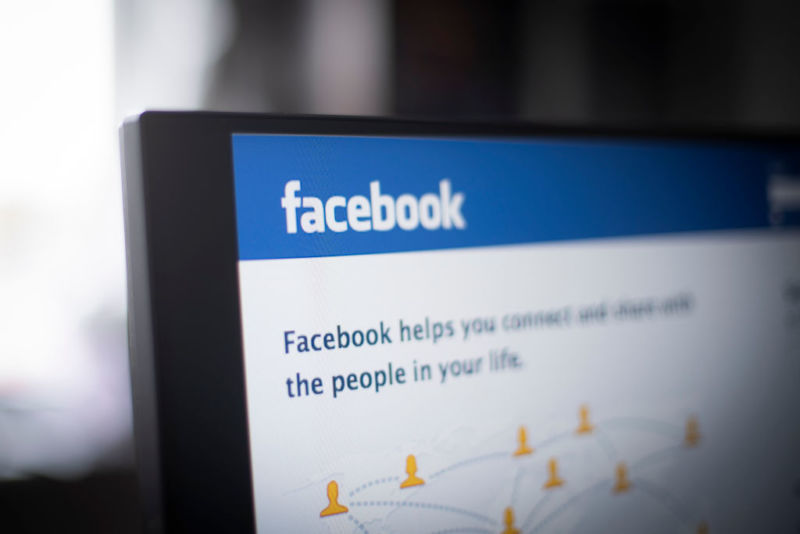

reader comments
138 with 86 posters participating
Facebook is vigorously defending itself against a lawsuit brought by the attorney general of the District of Columbia—so vigorously, in fact, that it’s basically claiming not to be a social network at all.
DC attorney general Karl Racine filed a lawsuit against the company in December, saying its actions related to the Cambridge Analytica scandal were in violation of DC consumer protection law. Facebook spent the last six months trying to have the lawsuit dismissed, but a federal judge in June rejected those requests and said the case should move forward.
Facebook therefore submitted its response to the complaint (PDF) this week, in which it denies “each and every allegation” in the lawsuit.
Many of the allegations in the suit (PDF) do allege wrongdoing in violation of law, and it’s not surprising that Facebook would deny those claims. But its denial strategy is so aggressive that the company also denies several claims that seem to be basic statements of fact. For example, in paragraph 11, the District says:
To begin using the Facebook website, a consumer first creates a Facebook account. The consumer can then add other Facebook consumers as “friends” and by accumulating Facebook friends, the consumer builds a social network on the Facebook website.
Facebook’s response? “Facebook denies the allegations in paragraph 11.”
Facebook also denies that it collects, records, and maintains data on users’ “information and activity,” though it does admit that “users can provide Facebook with certain information.”
The company also admits that the application at the heart of the Cambridge Analytica scandal, thisisyourdigitallife, was downloaded and installed by 852 users in DC, but it denies all of the District’s claims that the app “collected the personal information of users’ Facebook friends—including more than 340,000 of DC’s residents who did not download” the app. It also denies all description of how users interacted with the app and denies the assertion that “approximately 290,000 Facebook consumers in the United States installed the app,” as well as the claim that “approximately 70 million United States Facebook consumers had their information collected by the app.”
This may prove to be a less than ideal legal strategy, as the company has publicly spoken several times about these details, including in testimony from Facebook founder and CEO Mark Zuckerberg before a Senate Judiciary Committee hearing in 2017.
In his written testimony for the committee, Zuckerberg said thisisyourdigitallife “was installed by around 300,000 people who agreed to share some of their Facebook information as well as some information from their friends whose privacy settings allowed it.”
Facebook also admitted publicly in 2018 that up to 87 million Facebook users had their data “improperly shared with Cambridge Analytica.”
Facebook concludes in its defense that “consumers were not deceived by Facebook” and “any violations of District law alleged in the complaint were caused in whole or in part by third parties.”
If the court does eventually agree with that assessment, it seems likely consumers would be out of luck for redress, as Cambridge Analytica shut down and went bankrupt in 2018.


